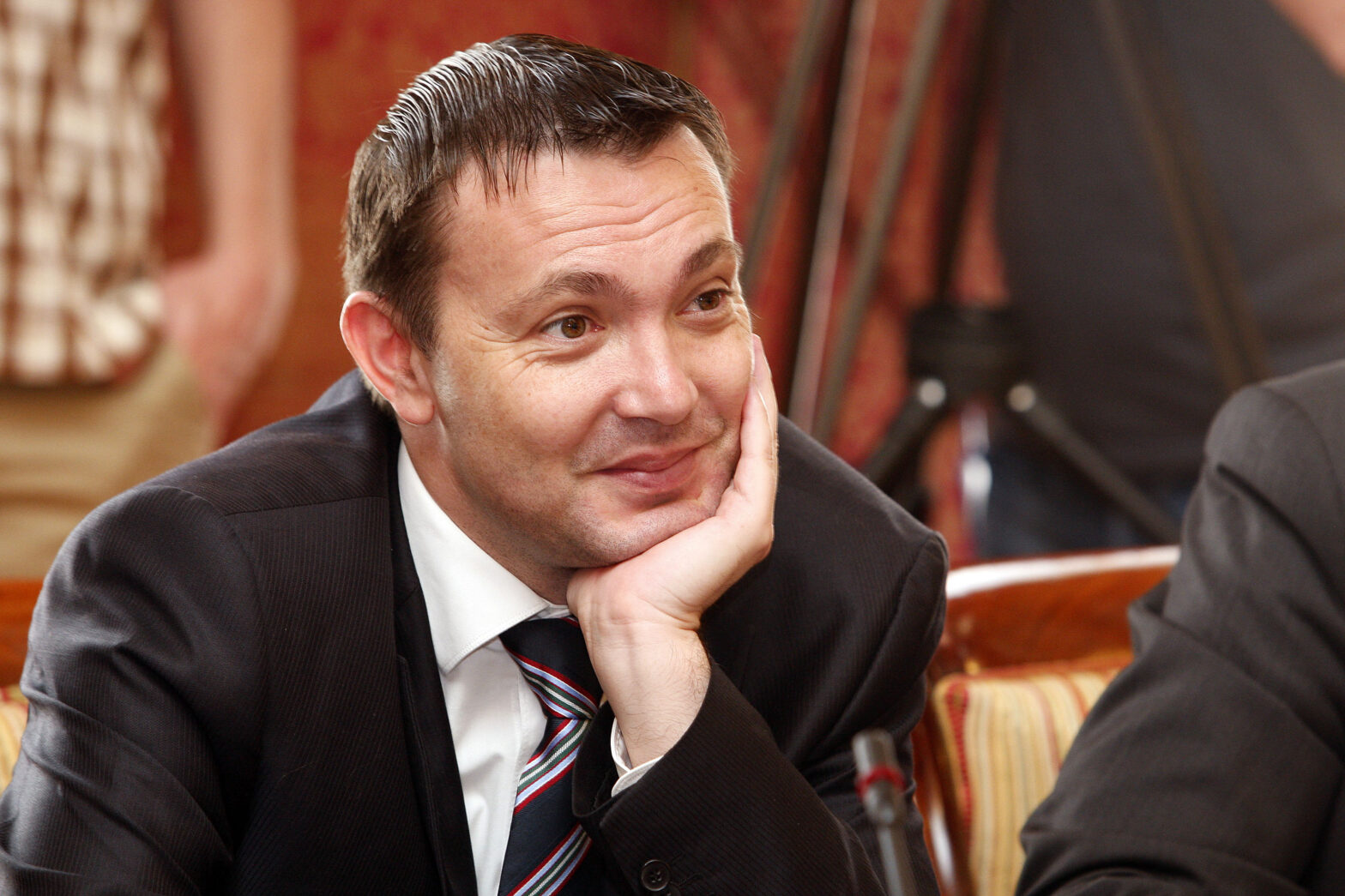Prohibiting civil society organizations from financing referendum campaigns is almost tantamount to prohibiting parties from financing their own election campaigns, considering the fact that referenda are one of the main forms of citizens’ activism and direct decision-making. At the same, time, political parties are enabled to “buy” parliamentary representatives.
Although GONG welcomes most provisions of the proposed Law on Financing Political Activities, Election Advertising and Referenda, especially the legal obligation for financial reporting to be conducted electronically and stricter regulations pertaining to the transparency of financing referendum campaigns, we find some legal solutions that were added as an afterthought to be “cuckoo’s eggs”. The author of this article, having been a member of the workgroup of the Ministry of Public Administration on the reform of the Law, can attest that these provisions were never discussed, nor were they included in the Draft Law which was subject to public discussion.
Who pays the price of Constitutional amendments?
Every civic initiative must demonstrate accountability for its public actions by exercising, among other things, transparent financing, which was blatantly not the case with the initiative to introduce the definition of marriage as a union between a man and a woman into the Constitution of the Republic of Croatia.
Therefore, GONG welcomes positive solutions in the Draft Law which will facilitate meeting financial obligations for independent lists with smaller available funds. This will enable the State Electoral Commission to oversee financing in a more focused manner, not squandering attention and resources on “small game” while much bigger manipulations escape their attention.
However, it is incomprehensible that someone would attempt to sneak a provision prohibiting civil society organizations and foundations from funding referendum advertising into the legal proposal. It is obviously necessary to remind the Draft’s authors that referenda are one of the main forms of civic activism and direct decision-making by citizens. Thus, prohibiting civil society organizations from financing referendum campaigns is almost tantamount to prohibiting parties from financing their own election campaigns.
Considering the fact that the Draft Law is still in its first reading, there is still time for improvements. GONG is requesting MPs to vote against the prohibition of funding referendum campaigns for civil society organizations, especially since the work of civil society organizations has recently been further regulated through the Law on Nonprofit Accounting, which was meant to foster transparency.
Open space for “buying” MPs and City Council members
However, this is not the only issue with this Law proposal – it also provides an opportunity for the “buying” of MPs and City Council members to become effectively legalized. Independent MPs or City Council Members who decide to jump ship and cross over into a different political party would now get to keep their annual budgetary funds, which would also cross over to the new party’s account. By the same ticket, a party gets to keep all the funds received for a single elected representative even if he or she leaves the party and becomes independent.
The legal option of revoking the right to annual funding for independent representatives in the Parliament, local and regional Councils also makes for an easy target for political trade. Not only does this provision disrupt the principle of minimal equality of elected representatives, but it raises the question of how representatives with no funds are meant to carry out their duties.
Not only is GONG opposed to the decrease in misconduct penalties, we believe that the Law should regulate more explicitly that all expenses and donations to a campaign, both before and during the campaign, be conducted using a separate account, opened exclusively for campaign purposes, instead of regular accounts.
Holes still existing in supervision of parties’ financial transactions
Despite certain legal advances, the issue of supervision of party finances still remains salient, especially as far as reactions and sanctions coming from the State Attorney’s Office are concerned when cases are submitted by the State Electoral Commission or State Audit Office. The same issue touches on the capacities of the State Electoral Commission to conduct effective supervision.
Although it enables automatic data analysis, searchability and data re-use, mere financial reporting conducted electronically is insufficient. The database on donors and donation amounts needs to be linked to other similar databases, such as those on public procurements tendered to specific persons and companies, subsidy and concession amounts and recipients, or tax debt relief.
All of this would contribute greatly to the probability of potential corruption cases being discovered. Finally, it is worth remembering how practices of intransparency and insufficient supervision had led to systematic misuse of funds in state-owned companies and other public bodies. Thus, financial supervision should include not only oversight over political parties’ transactions but public sector entities in general, in order to discover possible outlays to political parties by public companies, to name just one example.
Considering the fact that a major portion of electoral campaign expenses pertain to advertising expenses, supervisory bodies should assess advertising costs and compare those assessments with reported amounts, as GONG and Transparency International Croatia had done during previous electoral campaigns. This monitoring enabled GONG and TI Croatia to discover that Croatian Democratic Union had expended twice what was reported during the 2007 campaign. Eight years on, supervisory bodies still do not use these tools – the question remains why and in whose interest.
